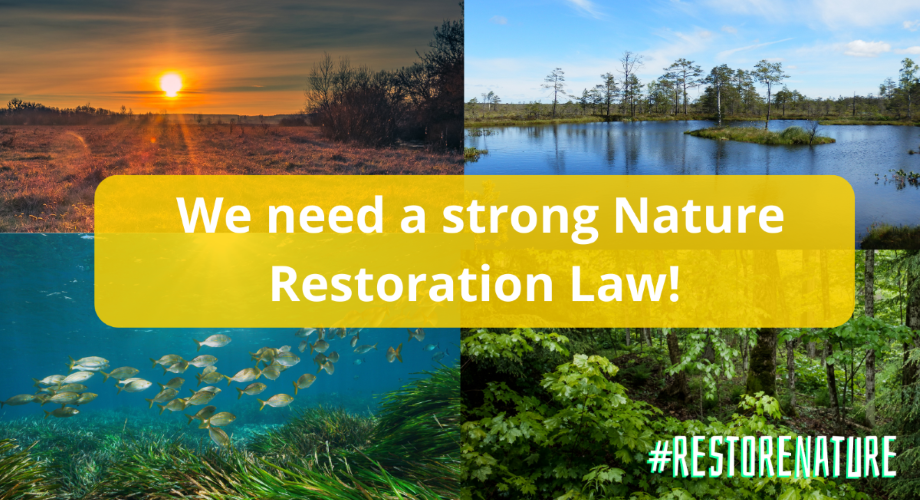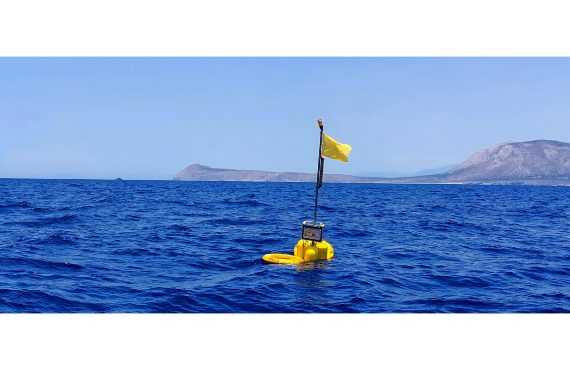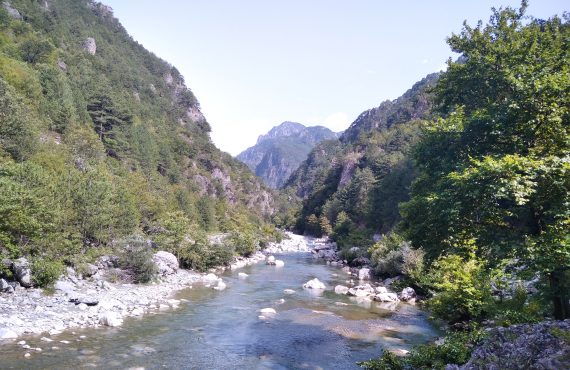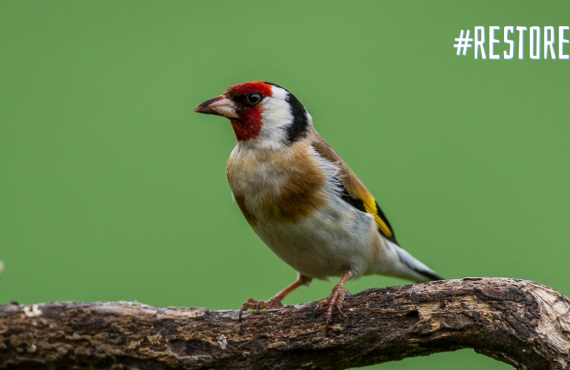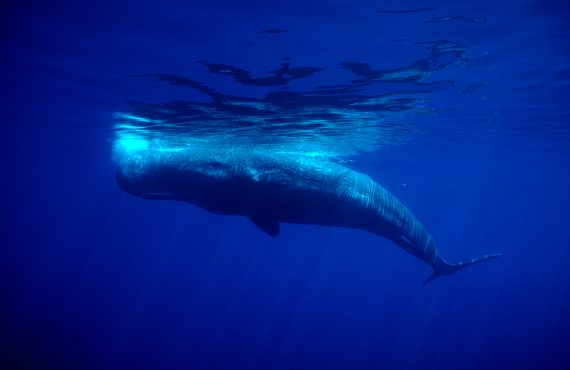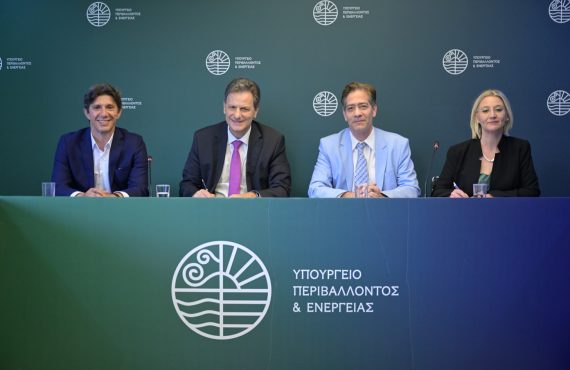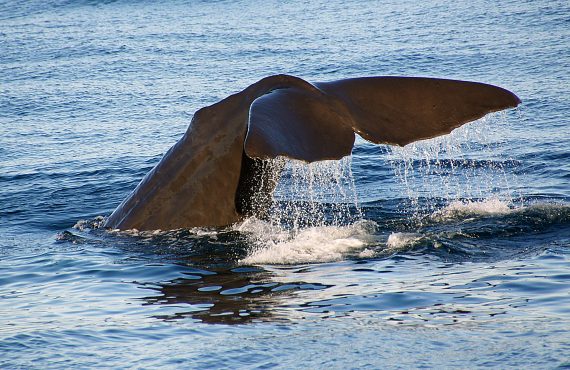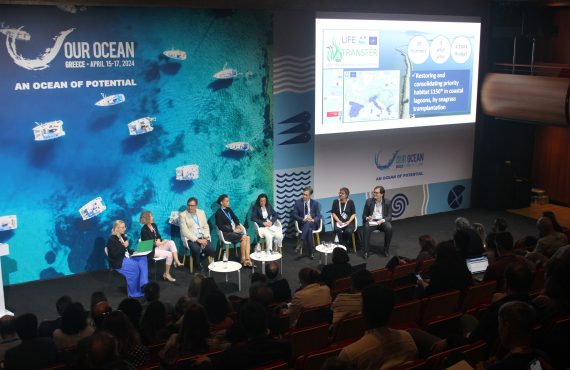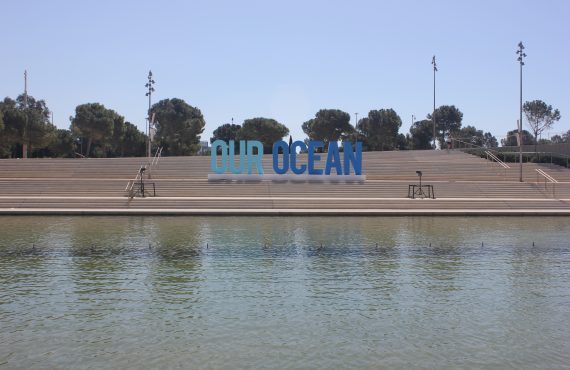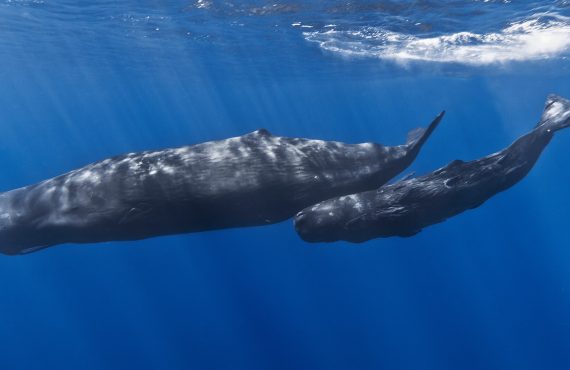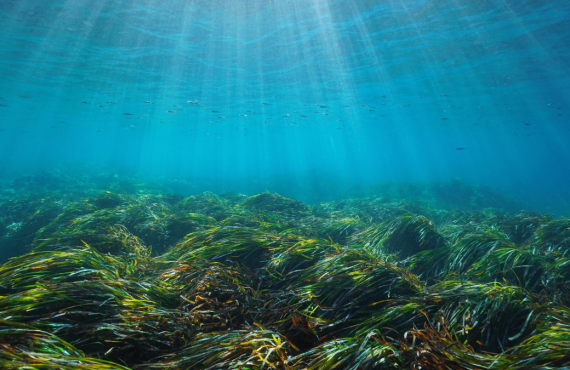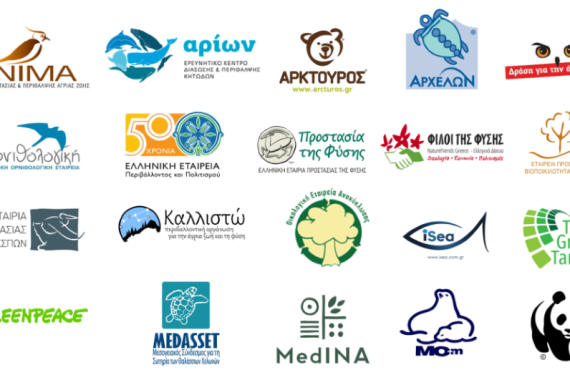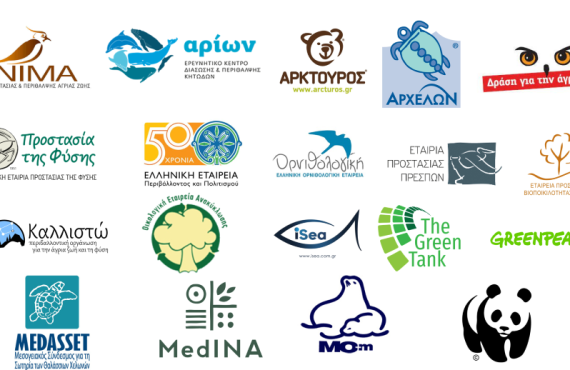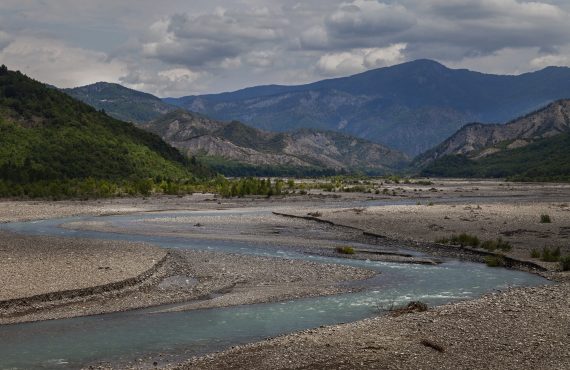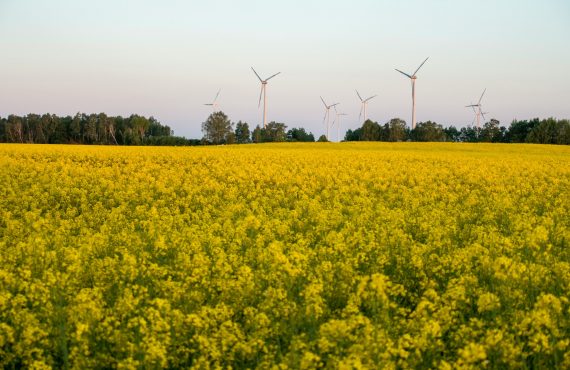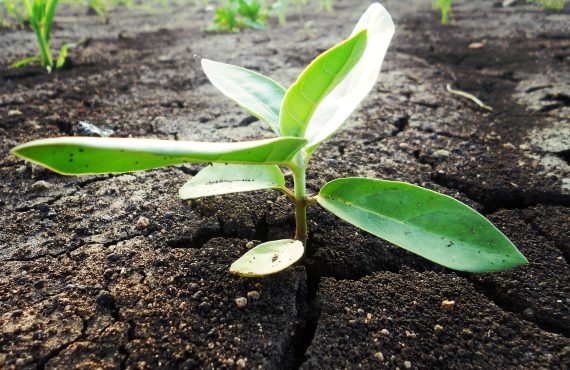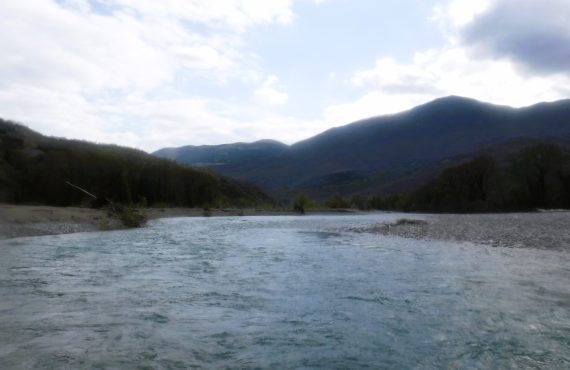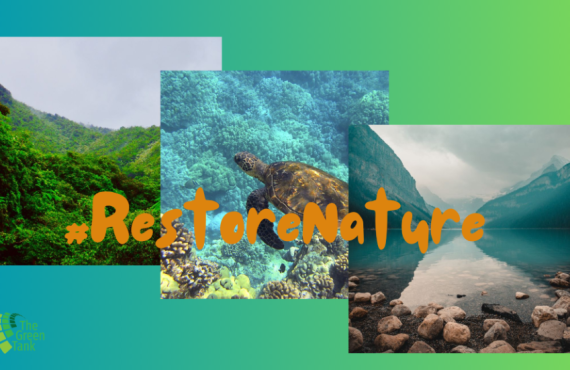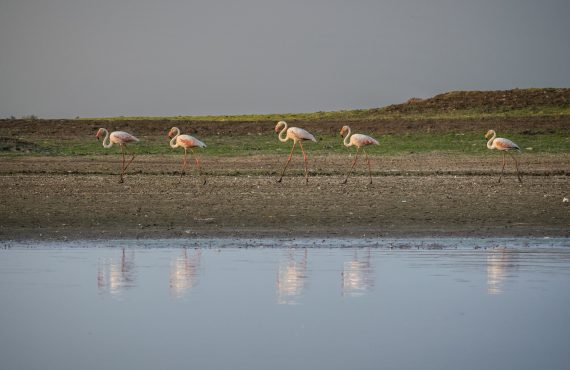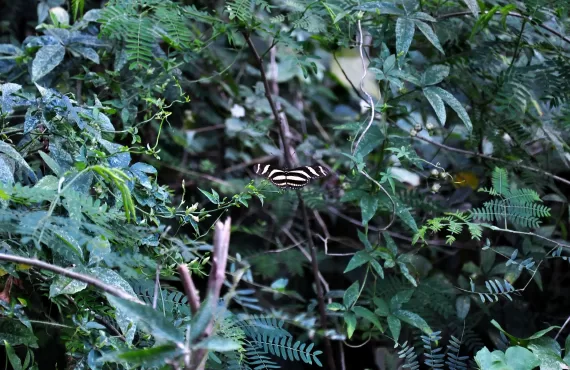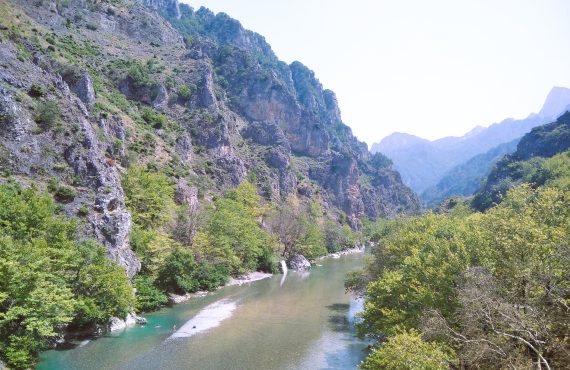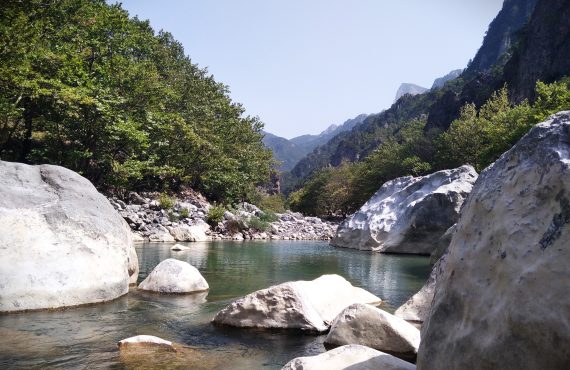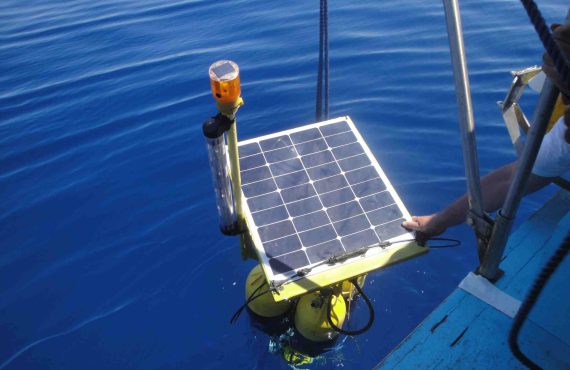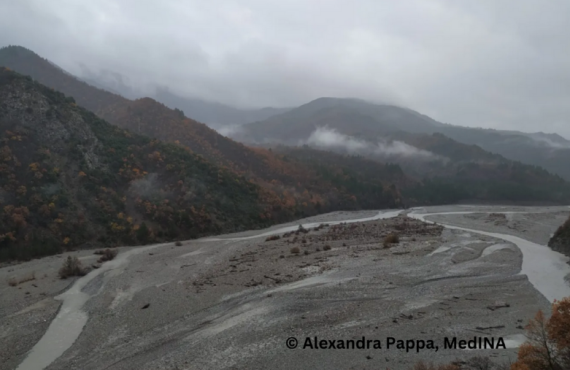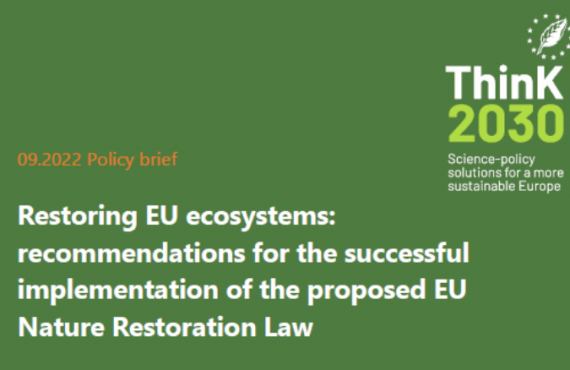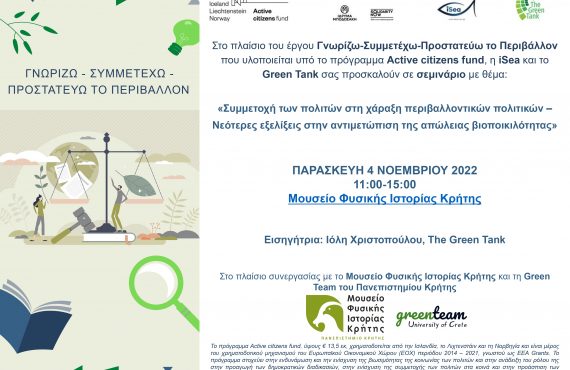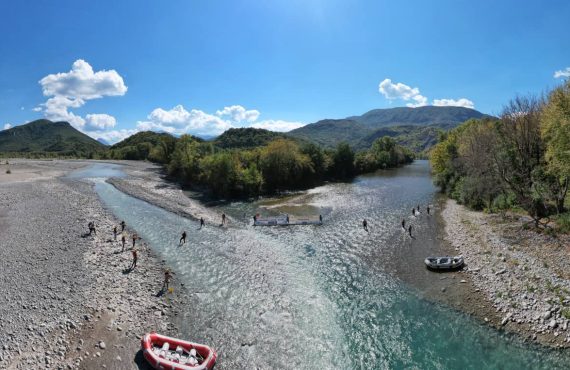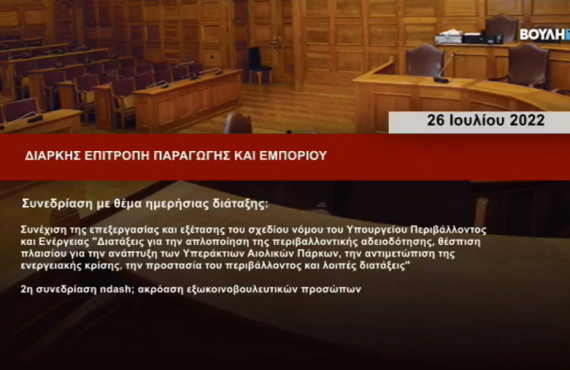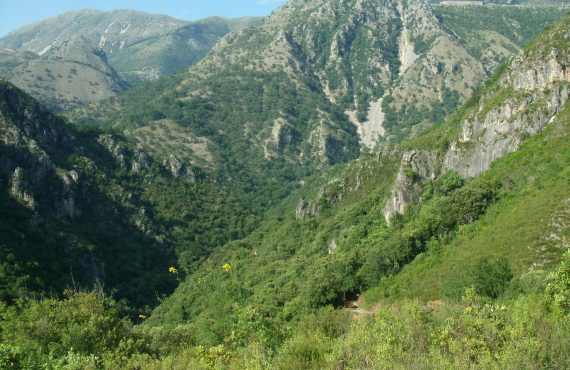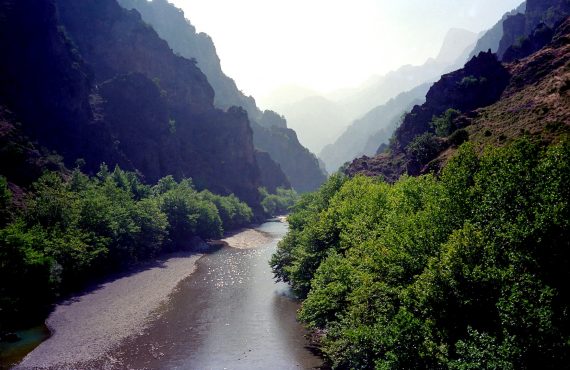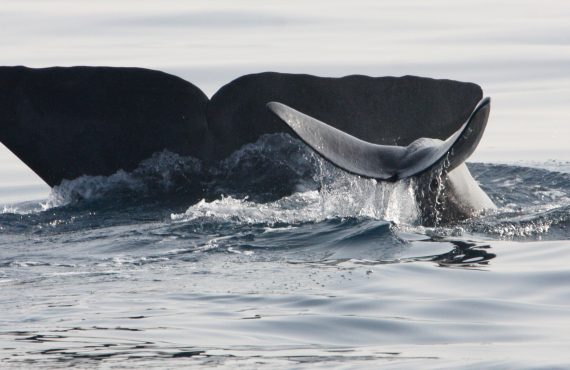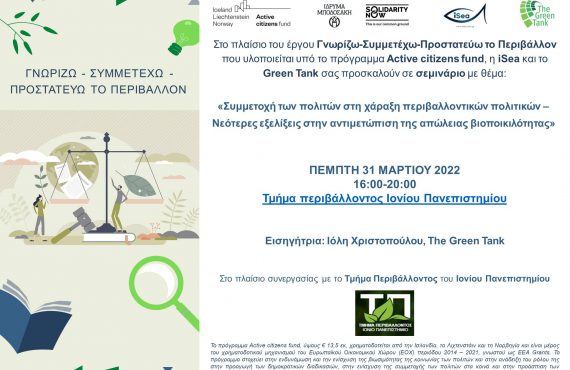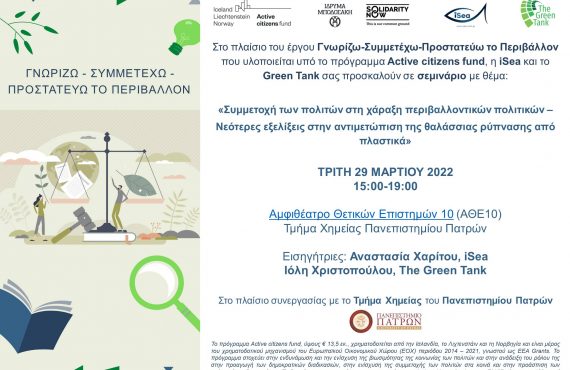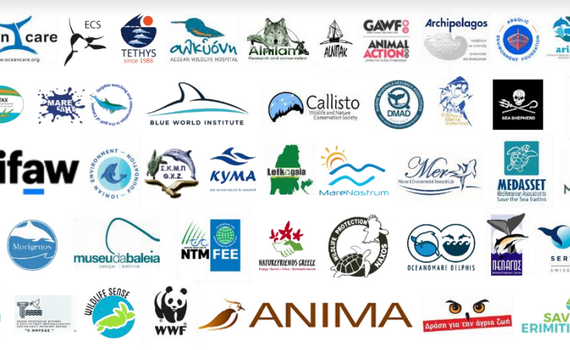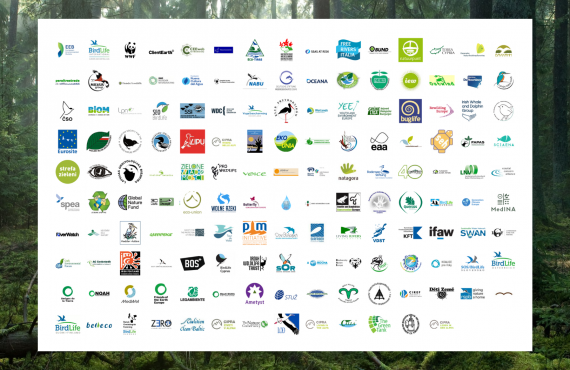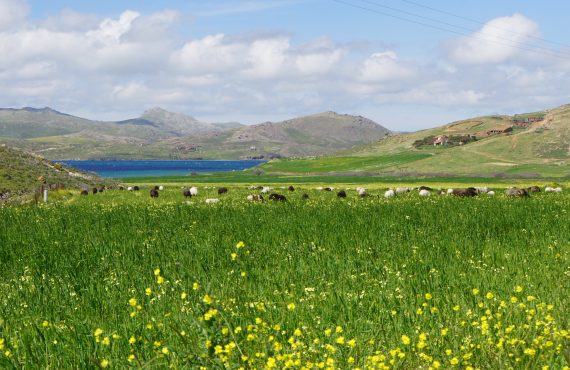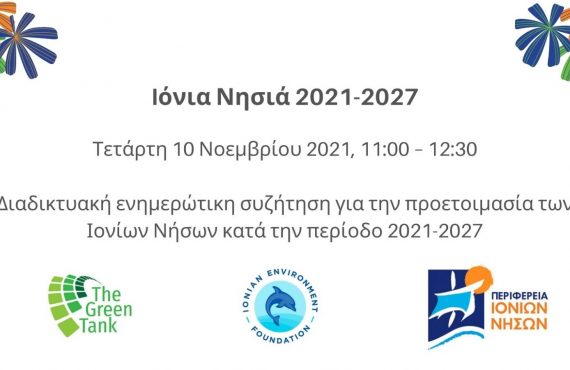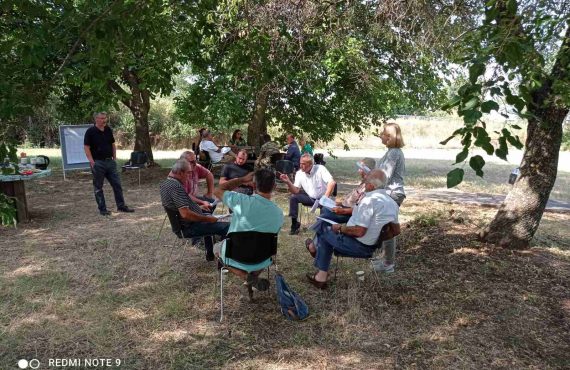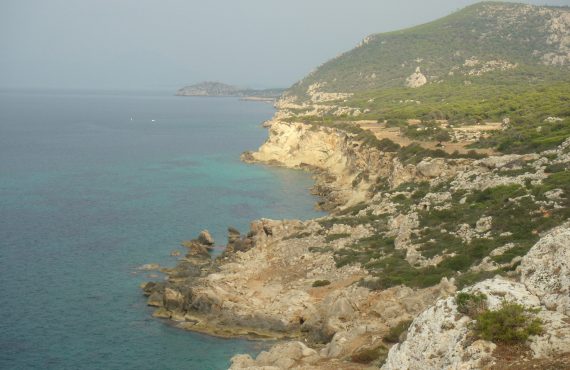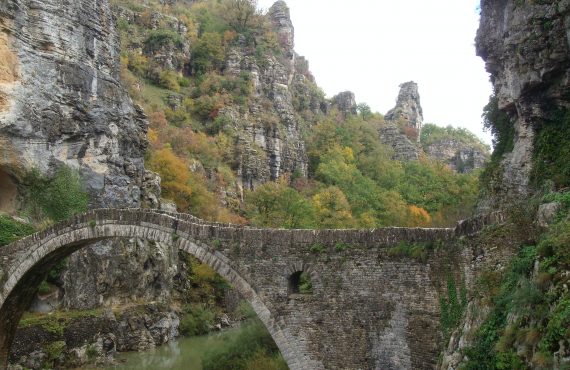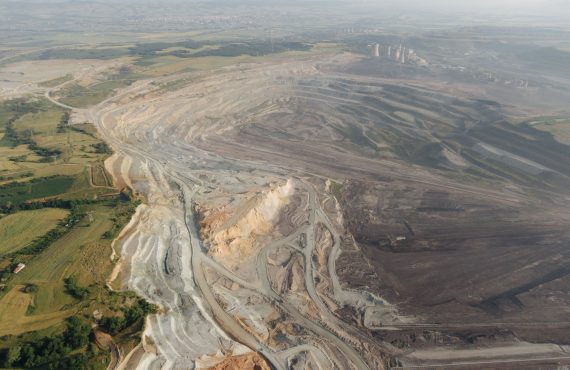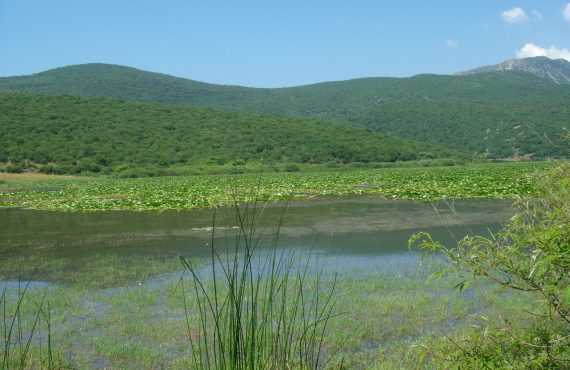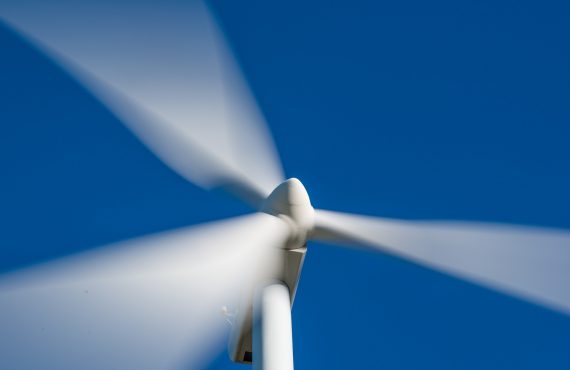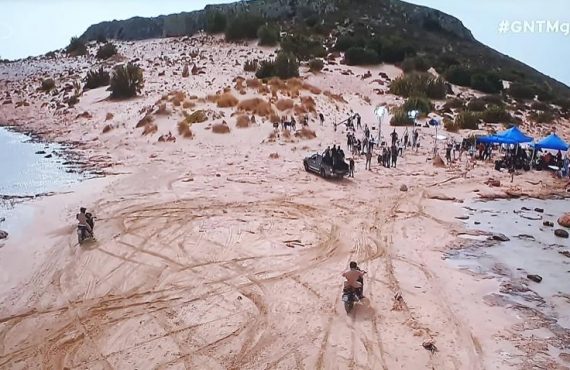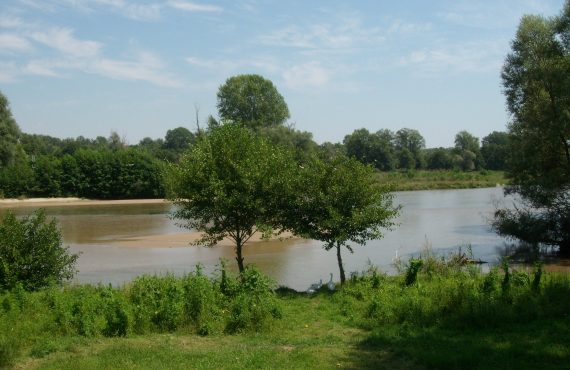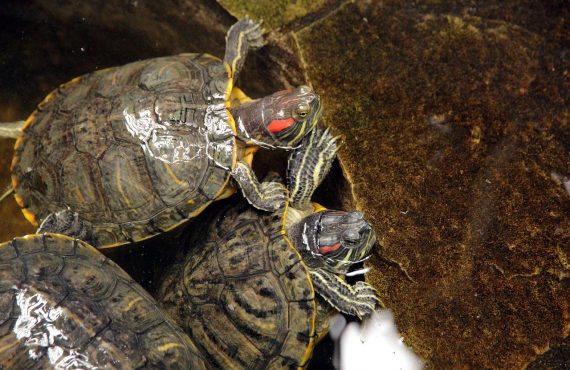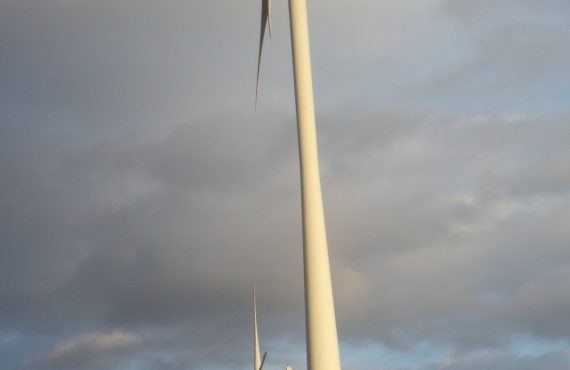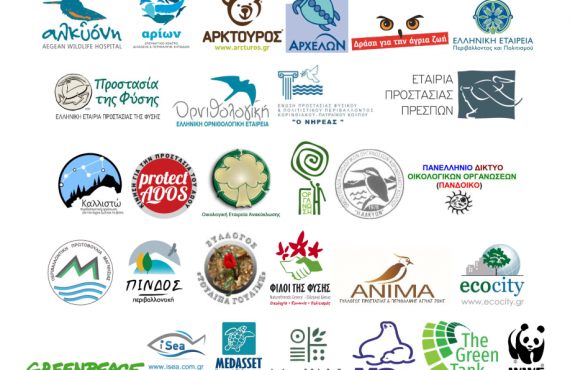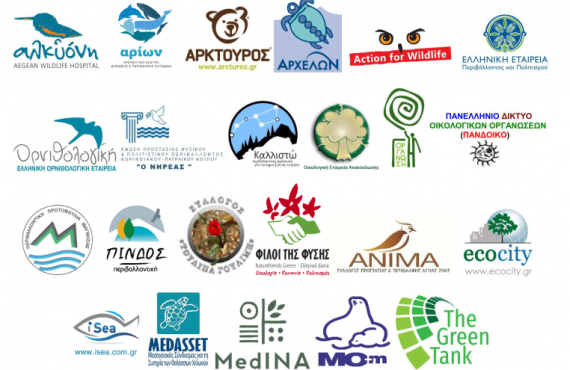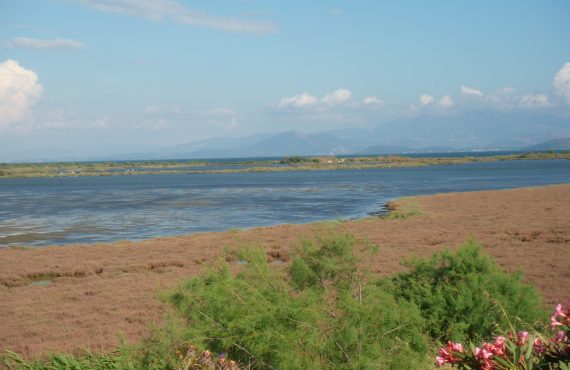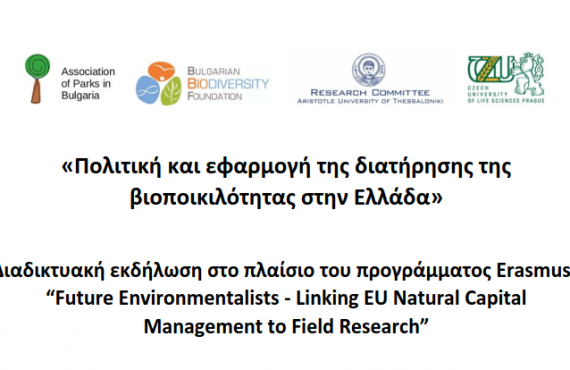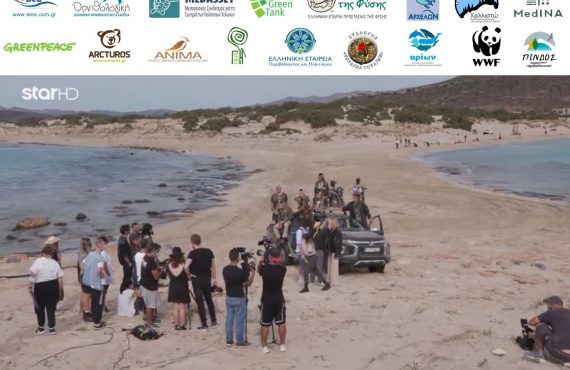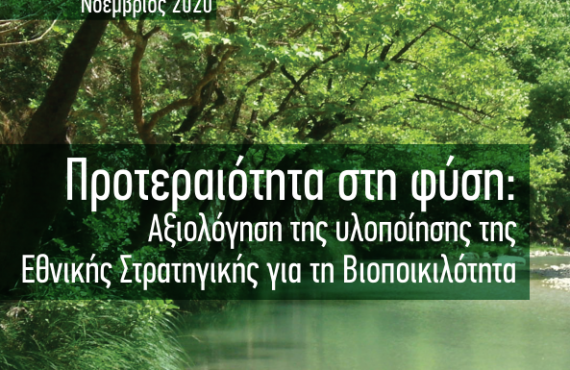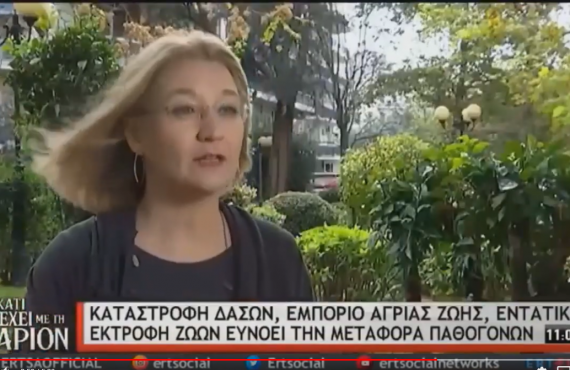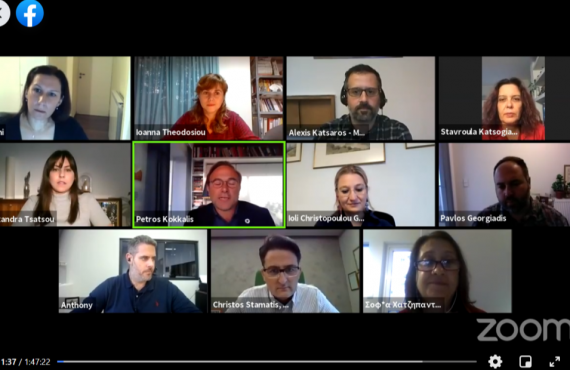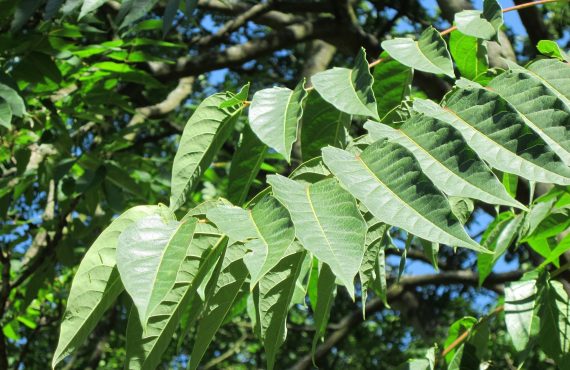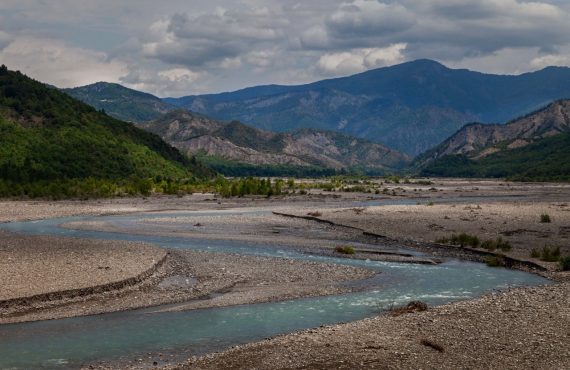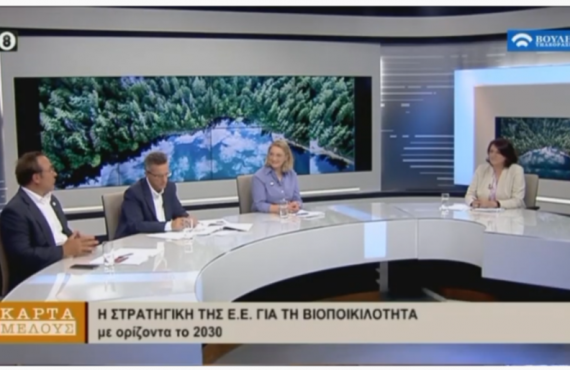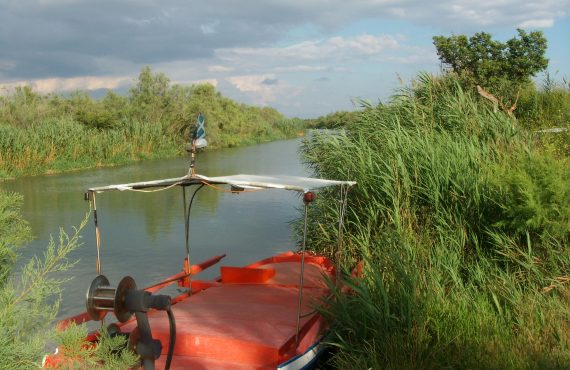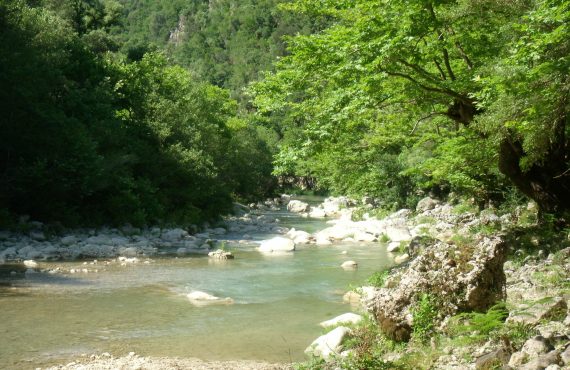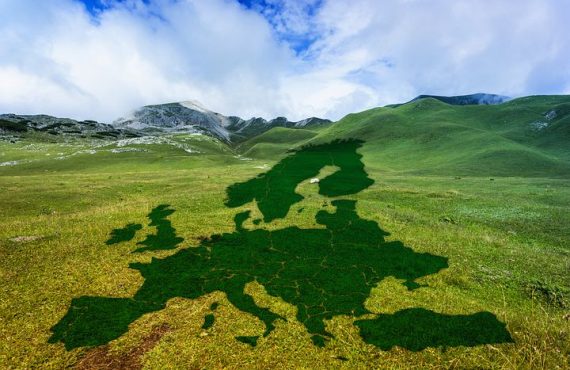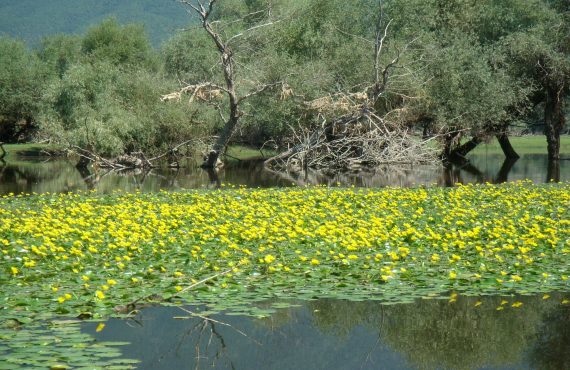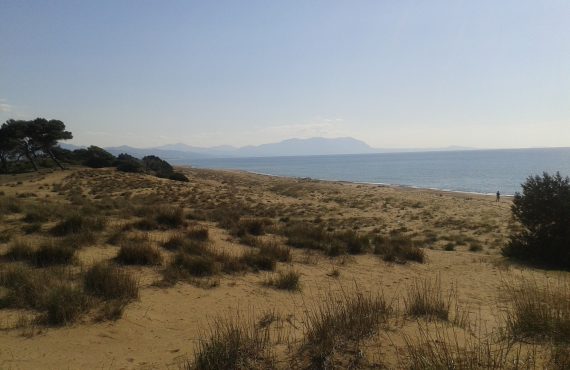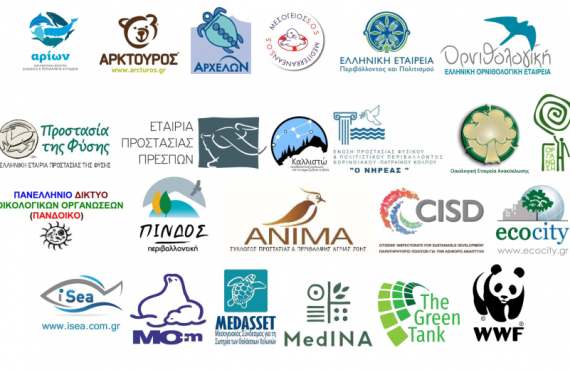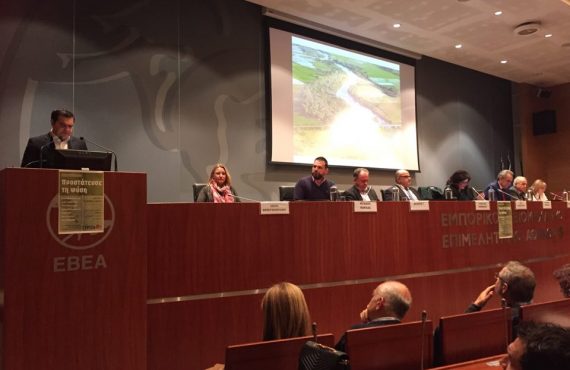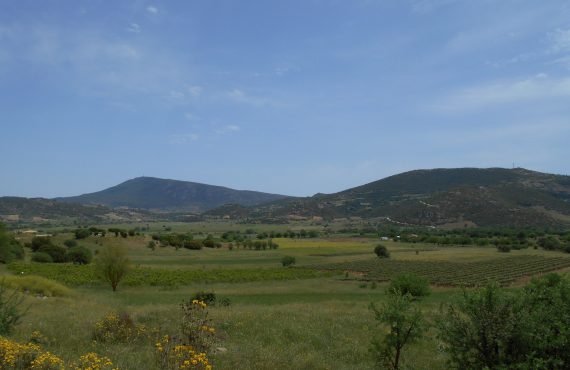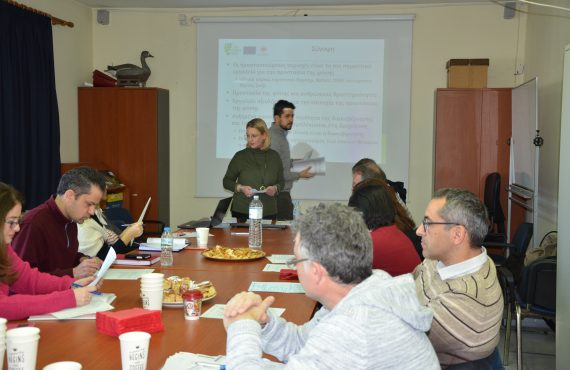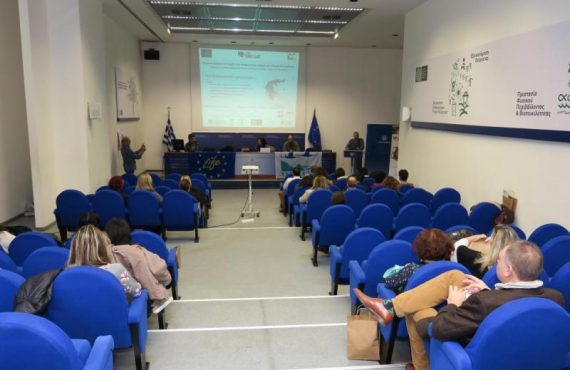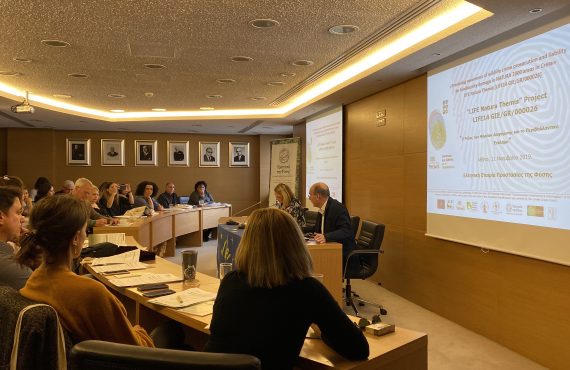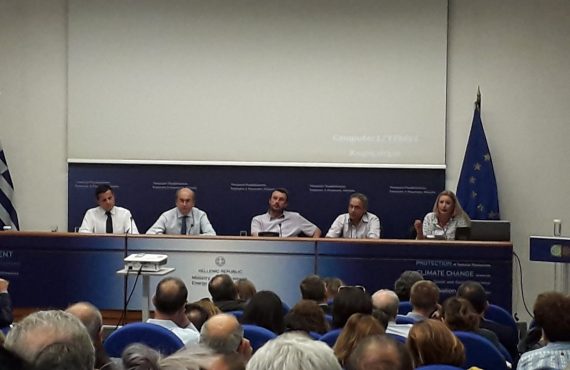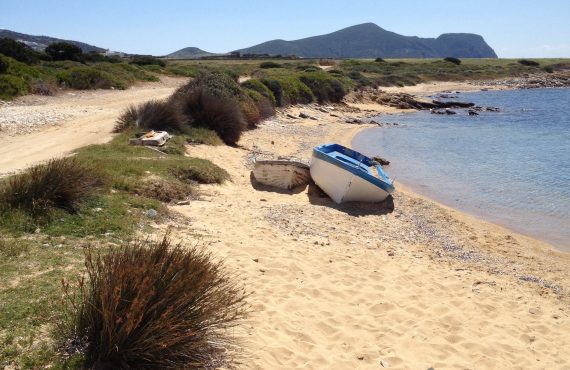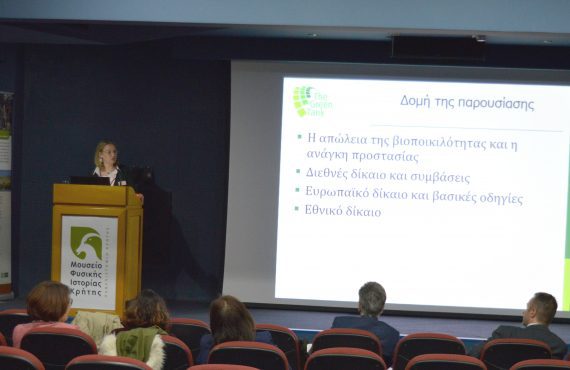In recent months, the call for an impactful Nature Restoration Law received unprecedented support citizens, businesses, scientists, and multiple other stakeholders. The summer months with the extreme weather events that hit southern Europe and the Greek territory have painfully confirmed that we need healthy and resilient ecosystems to prevent climate change disasters and protect citizens, despite reactions.
On this basis and in view of the beginning of the conclusive triloques on Nature Restoration Law on Thursday October 5, 2023, 200 civil society organizations, including Green Tank, are calling on the EU institutions to ensure that the final text includes measures necessary to protect human life, the climate and biodiversity. Among them:
- All terrestrial and marine habitats are covered by quantified, time-bound and enforceable targets in and outside Natura 2000 areas.
- Restoration of agricultural ecosystems, complemented by dedicated targets for the restoration of drained peatlands.
- Ensure the law can enter into force immediately, without preconditions for the timely and steady implementation of the restoration targets
- Dedicated and additional funding to finance restoration measures.
The joint statement was published on October 03, 2023, followed by a Press Release which are available at restorenature.eu.
On behalf of The Green Tank Ioli Christopoulou commented: “The heatwave, fires and floods we have experienced in Greece have shown how vulnerable we are to the consequences of the climate crisis. As we redesign all response mechanisms, we must ensure that nature is our ally. We therefore call on all three European institutions involved in the trilateral negotiations to agree on a strong new European Nature Restoration Law that includes binding targets and provides the resources and means for its immediate implementation”.
Here follows the full text of the joint statement:

#RestoreNature joint statement
September 2023
We, the undersigned 200 civil society organizations, call upon all EU Member States, Members of the European Parliament and the European Commission to urgently adopt a strong Nature Restoration Law that is fit for purpose to tackle the twin biodiversity and climate crises.
We are witnessing a mass biodiversity extinction and climate breakdown, threatening the very basis of our life as we know it. The science is very clear on this. Efforts so far have been largely inadequate to address these crises and to restore our relationship with nature. Unsurprisingly, increasingly frequent droughts, floods and forest fires, as we saw again this summer, are making the effects of these crises ever more visible across Europe. It’s clear that we need effective nature restoration measures on a large scale.
The EU Nature Restoration Regulation is the unique opportunity of this decade to change the pathway from continuous deterioration to regeneration, where we steer towards a safe and resilient future of living in harmony with nature. Restoring nature means restoring our greatest ally in tackling climate change, restoring our own health and wellbeing, and restoring our livelihoods and economies. Nature restoration is one of the best investments our society can make. Yet, time is running out.
In the past months, we saw unprecedented opposition to the EU Nature Restoration Regulation, leading to unacceptable weakening and even almost losing the legal text. We therefore strongly call upon national governments, Members of the European Parliament and the European Commission to get back on the right track by safeguarding the following key elements in the EU Nature Restoration Regulation:
- Ensure that all terrestrial and marine habitats are covered by quantified, time-bound and enforceable targets in and outside Natura 2000 areas
- Ensure non-deterioration of ecosystems to safeguard investments and long-term benefits, fully in line with Europe`s commitments for climate and biodiversity
- Include restoration of agricultural ecosystems, complemented by dedicated targets for the restoration of drained peatlands. Restoring agricultural ecosystems is crucial for resilience of food systems and the agricultural sector. Peatland restoration plays a key role in climate change mitigation and adaptation.
- Include strong indicators for the restoration of forest ecosystems, scientifically valid for all forest types
- Ensure implementable marine targets with clear safeguards, so that the Common Fisheries Policy does not block marine restoration
- Ensure dedicated and additional funding to finance restoration measures
- Ensure clear public participation and access to justice provisions
- Ensure the Law can enter into force immediately, without preconditions for the timely and steady implementation of the restoration targets
We cannot afford anymore to delay actions, to water down ambition or to limit the scope of the law. It would only make it more costly and time-consuming to deal with the consequences of our inaction. It would put our future and that of all other beings at stake. We need to make it work now, we need to #RestoreNature.
For more information, visit restorenature.eu.



